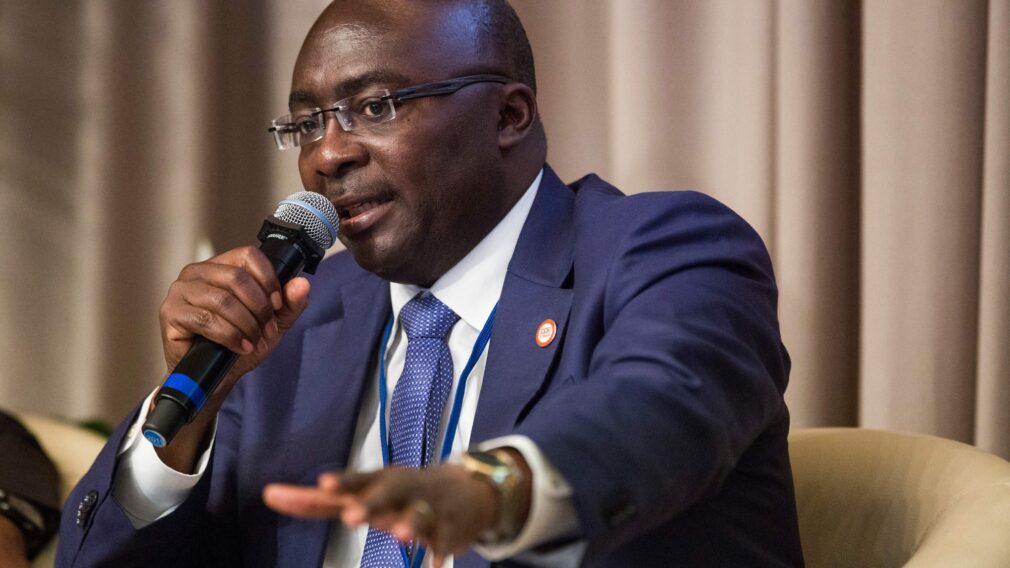Ghana’s Potential Tax Reformation in the Betting Sector
Ghana’s Vice President, Dr. Mahamadu Bawumia, has sparked discussions within the betting and gaming community with his recent announcement.

As he gears up for the presidential race set for December 7, 2024, Dr. Bawumia has laid out ambitious plans to overhaul the nation’s tax policies, specifically targeting the contentious sports betting and lotteries tax.
A Pledge for Change
In a move that could significantly alter the betting landscape in Ghana, Dr. Bawumia has pledged to eliminate several taxes, including the VAT on electricity, the emissions tax, and notably, the betting tax. This announcement has been met with enthusiasm, especially among the younger demographic, which has been vocal in its criticism of the current betting tax structure.
The betting tax in Ghana has long been a subject of debate, with many calling for its reassessment or removal. The tax has been deemed prohibitive and counterproductive, stifling the growth of a potentially lucrative industry. Even former President John Mahama has echoed these sentiments, suggesting a need to revisit the betting tax framework.
Implications for the Industry
Should these proposed tax reforms come to fruition, the implications for Ghana’s betting and gaming industry could be profound.
Eliminating the betting tax could invigorate the sector, attract more operators, and enhance competition, ultimately benefiting consumers.
Moreover, it could lead to increased investment and innovation within the industry, contributing to economic growth.
Our Comment on the Article
Dr. Bawumia’s proposal to eliminate the betting tax in Ghana represents a significant shift in policy that could reshape the betting and gaming landscape. While the move is aimed at providing fiscal relief and attracting younger voters, it also underscores the importance of creating a conducive environment for the betting industry to thrive. As Ghana inches closer to the 2024 elections, the proposed tax reforms will undoubtedly remain a hot topic, with stakeholders keenly watching the developments unfold.
Recommended
